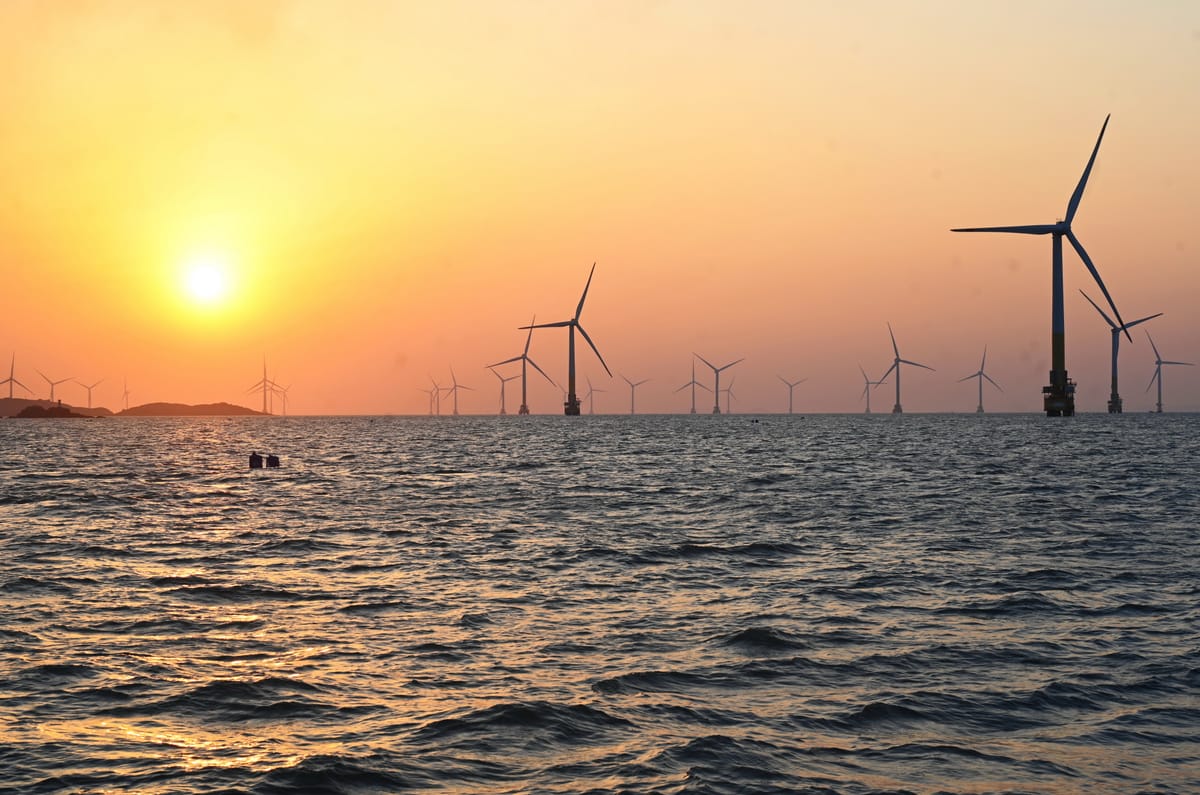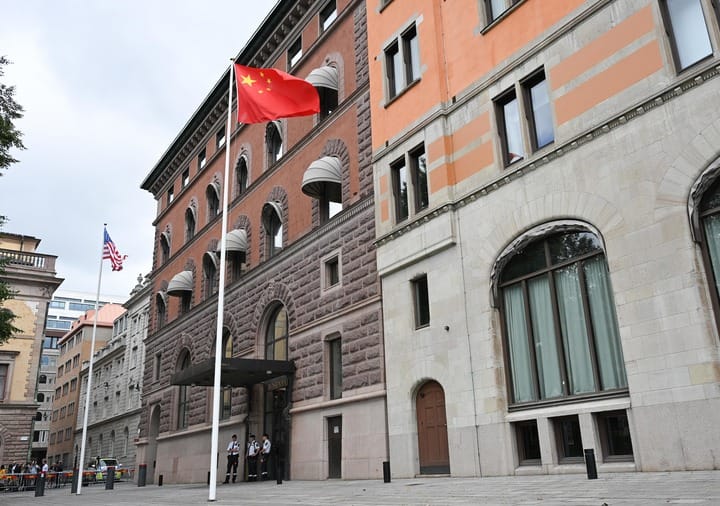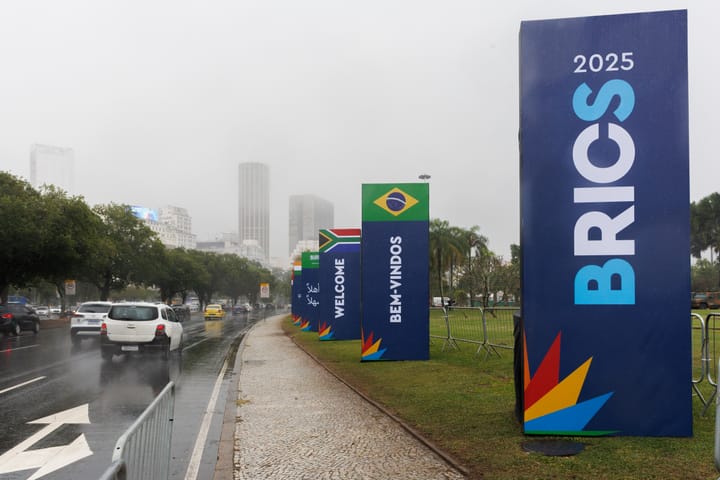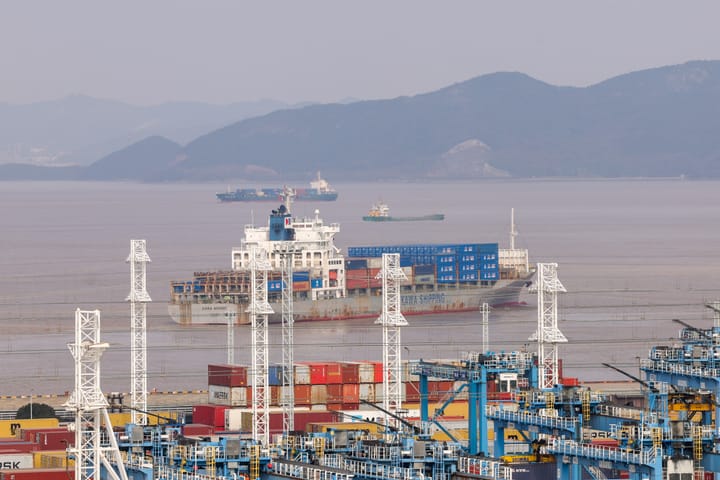Is China Abusing Its Position as a ‘Developing Country’?

Editor's Note: Is China still a developing country? This question is not just about an economic problem. Actually, from a broader perspective, the answer to this question is deeply related to the responsibility that China should take, how China should be treated by the Western and Southern world, and what the geopolitical configuration should be– this has made this question highly politicized. Therefore, to answer this question, a deep, balanced analysis is necessary. The following article is an interview with the website China’s Diplomacy in the New Era.

Zhou Yongmei: There is no unified definition of "developing country." For example, the World Bank once used per capita income levels to classify countries. But others, such as the World Trade Organization (WTO) and some environmental agreements, rely on self-identification. Their definitions depend on the specific dimensions they emphasize. Some countries are considered developing in one context but developed in another. An Australian scholar studied this and found that only about 20 countries are consistently classified as developed under all definitions. Over 110 are consistently considered developing, while more than 60 fluctuate between the two depending on the criteria used. Different organizations have different perspectives and metrics, which is why this issue is so contentious—and also quite fascinating.


